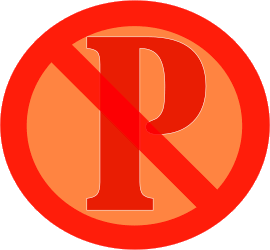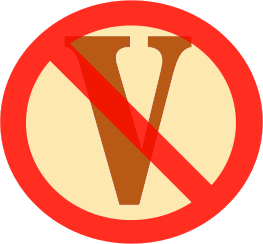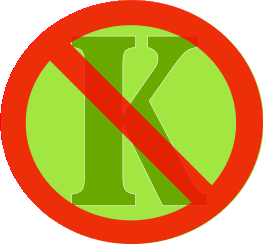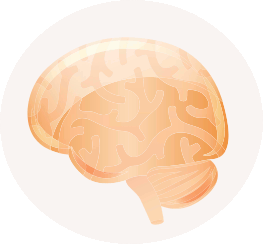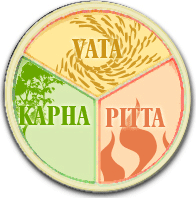CENTRAL NERVOUS SYSTEM HEALTH REMEDIES

 Categories in Mind Stress SleepTension & BreathStressSleep PatternsEnergy-VitalityThoughts & ComprehensionMood & EmotionsCommunity, Spiritual LifeAddictions and HabitsCentral Nervous SystemPeripheral Nervous SystemOverviewDon't know your body type? Take our free Dosha quiz!
TAKE THE QUIZ
87 likes  SAVE SYMPTOM SAVE SYMPTOMIf you are prone to headaches and want a natural source of relief, you’ve come to the right place. While there are many types of headaches, Ayurveda teaches that most are symptomatic of an imbalance in the blood. Let’s explore some... 95 likes  SAVE SYMPTOM SAVE SYMPTOMWhat Causes a Migraine?A migraine is a recurrent throbbing headache, usually on one side of the head. It is often accompanied by nausea and impaired vision. Migraines develop when there are high levels of undigested toxins 80 likes  SAVE SYMPTOM SAVE SYMPTOMDizziness upon standing is a sign of low blood pressure (postural hypotension). Electrolyte imbalance, dehydration, vasodilation and low blood sugar level can also cause dizziness (Vata). Ear infection may cause dizziness as well (Kapha). Pressure... 15 likes  SAVE SYMPTOM SAVE SYMPTOMFainting may be due to a sudden drop in blood pressure, such as when a person quickly stands up, hyperventilates, is stressed, or is shocked by a traumatic event or news. Fainting is primarily Udana Vayu (upward moving Vata). It is a sign that a person... 13 likes  SAVE SYMPTOM SAVE SYMPTOMParkinson's Disease tends to occur in ambitious individuals who burn out their nervous system. Parkinsons is related to dementia. 13 likes  SAVE SYMPTOM SAVE SYMPTOMAnother name for Alzheimers in Pre-senile Dementia. It can begin with changes in mood swings, communication difficulty and personality. Causes may be hereditary. 19 likes  SAVE SYMPTOM SAVE SYMPTOMSeizures are considered a Vata disorder in Ayurveda. A seizure can be due to many causes. Repeated, unprovoked seizures are known as epilepsy. Read more about epilepsy. 22 likes  SAVE SYMPTOM SAVE SYMPTOMAyurvedically, a seizure may represent a kind of nervous system colic. The nervous system fires asynchronously, leading to twitching. The recovery stage resembles a reboot of the nervous system. This "reboot" takes time as all systems resynchronize.... 27 likes  SAVE SYMPTOM SAVE SYMPTOMPsychiatric disorders are considered to be a Vata disorder. Past trauma, unsupportive belief patterns, and imbalanced blood can affect neurons. Often, the blood is imbalanced by constipation and fermentation in the intestines, infectious processes,... 3 likes  SAVE SYMPTOM SAVE SYMPTOMA stroke is a loss of blood flow to a part of the brain, occuring due to a clot or an aneurysm. A stroke caused by an aneurysm occurs when the the walls of an artery in the brain rupture. This happens when the artery wall has been weakened from... 11 likes  SAVE SYMPTOM SAVE SYMPTOMAn ischemic stroke is a loss of blood flow to a part of the brain, occuring due to a clot. This disruption in blood flow leads to the sudden death of brain cells. A clot can cause an obstruction in blood vessels inside the brain (thrombotic stroke), or... 
AYURVEDIC FACE ASSESSMENT
Learn how to assess constitution by a person's face.
|
Join Joyful Belly.
Want our top Ayurvedic recipes and health tips?Subscribe to our free newsletter!


